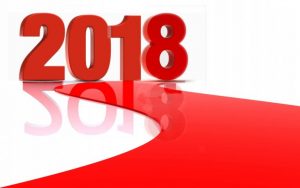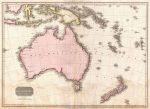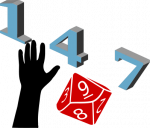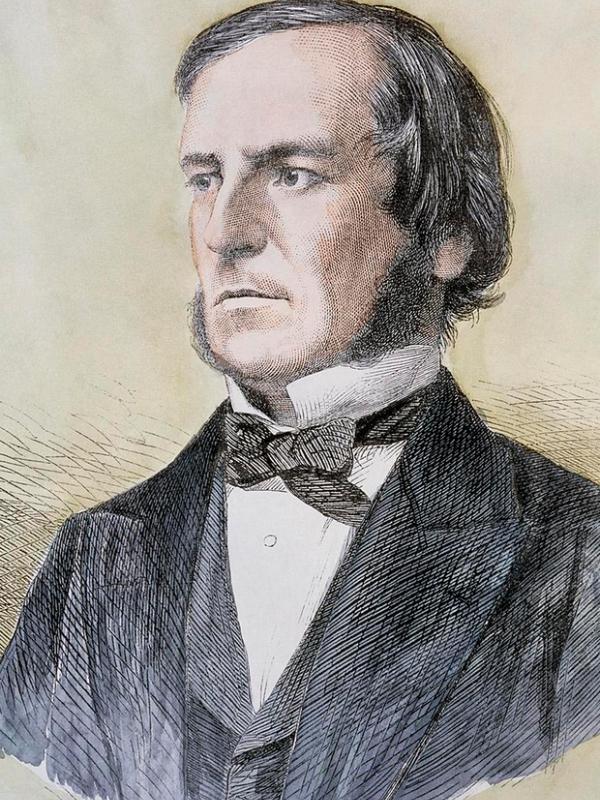
 Well, most of our schools are back, or about to start the new year. Did you know that there are schools using OpenSTEM materials in every state and territory of Australia? Our wide range of resources, especially those on Australian history, give detailed information about the history of all our states and territories. We pride ourselves on having a resource on every topic in the Australian HASS and Science curriculum for primary school, so if you find something that you think is missing, please let us know and if it’s not there already, it soon will be!
Well, most of our schools are back, or about to start the new year. Did you know that there are schools using OpenSTEM materials in every state and territory of Australia? Our wide range of resources, especially those on Australian history, give detailed information about the history of all our states and territories. We pride ourselves on having a resource on every topic in the Australian HASS and Science curriculum for primary school, so if you find something that you think is missing, please let us know and if it’s not there already, it soon will be!
This year we are preparing a new suite of Understanding Our World® HASS + Science Units for anyone who wants a bit of variety. If you are interested, do let us know and we might even be able to give you a sneak preview. Remember, all our Understanding Our World units run for 9 weeks per term, giving a bit of leeway for those crazy early weeks of the year!
There will also be some new resources coming out, and some substantial updates to some more familiar resources. Much of our material has been updated for the new year already, so make sure that you update your copies, especially with the 2018 licensed material.
 Last year, after requests from some of the teachers we work with, OpenSTEM® started developing resources to assist with the Maths curriculum. Our Diced Maths® resources have been so popular that some students have even asked if they could swap from computer-based Maths programs to the Diced Maths resources! Students report that these resources make them feel more in control of their own learning and love “playing” with the funky dice. Many don’t see the activities as “doing Maths” at all. These activities develop students’ problem solving skills, whilst practising all their basic Maths concepts and operations at the same time.
Last year, after requests from some of the teachers we work with, OpenSTEM® started developing resources to assist with the Maths curriculum. Our Diced Maths® resources have been so popular that some students have even asked if they could swap from computer-based Maths programs to the Diced Maths resources! Students report that these resources make them feel more in control of their own learning and love “playing” with the funky dice. Many don’t see the activities as “doing Maths” at all. These activities develop students’ problem solving skills, whilst practising all their basic Maths concepts and operations at the same time.
Stay tuned for some exciting specials coming up in the next few weeks, as well as some more in depth exploration into a range of topics.




The activities embedded in the programs make the subjects more engaging for the students as well as the teacher.
Trent Perry, Teacher